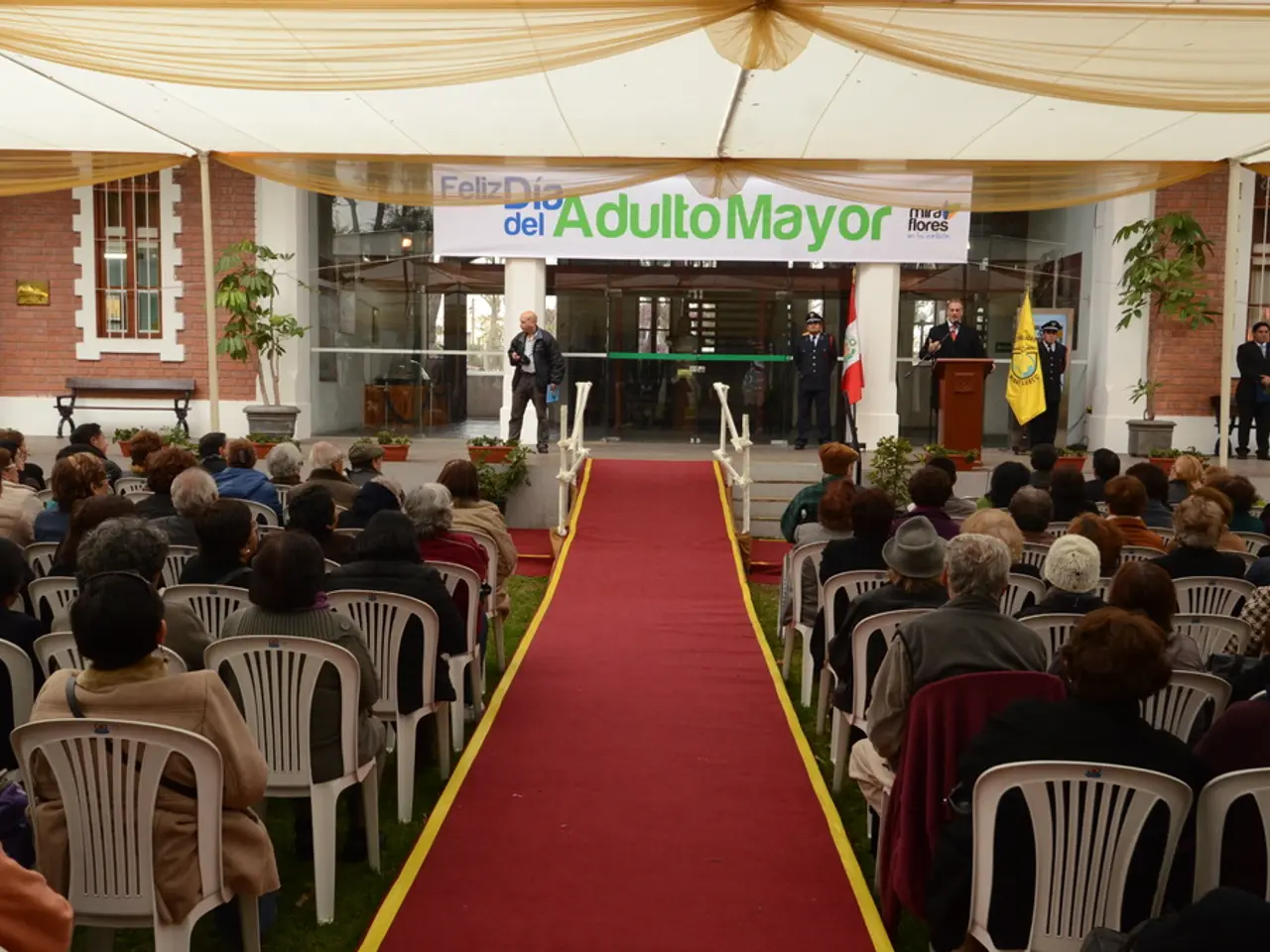Nissan to Trim Workforce at European Manufacturing Base
In a bid to strengthen its financial position, Nissan, the Japanese automobile manufacturer, has unveiled a comprehensive cost-saving strategy. The initiative aims to boost the company's cash reserves and trim its global labor costs by 15%.
At the heart of this strategy is the Sunderland plant, Nissan's main production hub for Europe, which is currently producing the new Qashqai midsize SUV. The company plans to negotiate with labor representatives at the plant in the U.K., with discussions expected to focus on cost-cutting measures. As part of these negotiations, Nissan is reportedly asking for voluntary retirements and redundancies, which could potentially result in the loss of 250 jobs, representing about 4% of its 6,000-strong workforce at the plant. It is important to note that these reductions will be implemented through a voluntary redundancy scheme and will not affect manufacturing staff directly.
The Sunderland plant has benefited from over £2 billion in investments in recent years, enabling it to produce popular models like the Qashqai, Juke, and the upcoming new Leaf and electric Juke. Despite this, Nissan is facing significant financial difficulties globally, having reported a $4.5 billion loss (approximately £3.3 billion) in the fiscal year ending March 2025 and a planned workforce reduction of 15% worldwide. This includes the closure of seven manufacturing plants globally, though Sunderland is not expected to close.
To find additional cost savings, Nissan is using a method known as delayed invoice settlements, where it is asking suppliers in Europe for delayed payments to free up short-term funds. This strategy, along with the job cuts and plant closures, is part of a broader cost-cutting measure by Nissan, which aims to find $3.4 billion in savings over the next two years.
The new Qashqai midsize SUV, the first model to use Nissan's third-generation e-Power powertrain, has been launched at the Sunderland plant. This strategy reflects Nissan’s attempts to streamline operations and cut costs sharply after several difficult years marked by declining demand, especially for its electric vehicle lineup. The company's goal is to regain competitiveness through cost discipline and modernization while continuing investment in electric vehicle production.
In a company statement, Nissan's new CEO, Ivan Espinosa, emphasized the company's commitment to boosting operations in Europe despite these cuts. The CEO has stated that the company is focusing on creating a leaner, more flexible operation to support future competitiveness amid challenging market conditions in 2025.
[1] Financial Times, "Nissan to cut 250 jobs at Sunderland plant," 2025 [2] BBC News, "Nissan to cut jobs at Sunderland plant," 2025 [3] Autocar, "Nissan to cut 250 jobs at Sunderland plant," 2025 [4] Reuters, "Nissan to cut 250 jobs at Sunderland plant," 2025 [5] Automotive News Europe, "Nissan to cut 250 jobs at Sunderland plant," 2025
- Nissan's cost-cutting strategy, aiming to secure $3.4 billion in savings over the next two years, involves not only job cuts and plant closures but also delayed invoice settlements with its European suppliers as a means of finding additional financial relief within the industry.
- In light of the announced 250 job cuts at the Sunderland plant, Nissan is seeking to address financial difficulties not only within the automotive sector but also within the broader industry and finance, as it focuses on boosting its cash reserves and reducing global labor costs by 15%.




